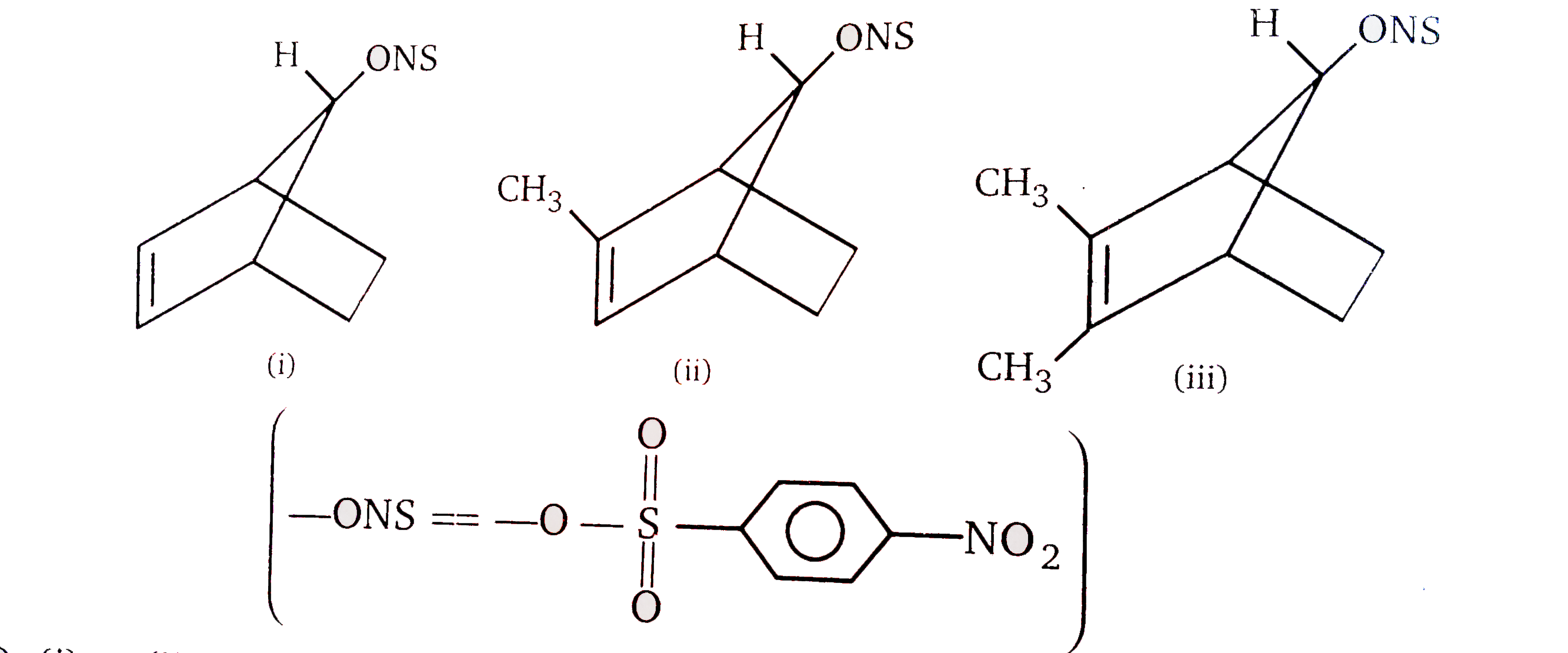For the reaction 2H2+O2→2H2O, the rate law expression is , r=k[H2]n. When the concentration of H2 is doubled, the rate of reaction found to be quadrupled. The value of n is
A
0
B
1
C
2
D
3
Video Solution
Text Solution
The correct Answer is:C
r=k[H2]n ....(i)
On doubling the concentration of H2,
4r=k[2H2]n ....(ii)
On dividing Eq. (ii) by Eq. (i), we get,
4=(2)n
(2)2=(2)n
n=2
|
Updated on:21/07/2023
Topper's Solved these Questions
- BOOK - BITSAT GUIDECHAPTER - CHEMICAL KINETICSEXERCISE - BITSAT Archives16videos
CHEMICAL KINETICS
- BOOK - BITSAT GUIDECHAPTER - CARBOXYLIC ACID AND DERIVATIVESEXERCISE - All Questions34videos
CARBOXYLIC ACID AND DERIVATIVES
- BOOK - BITSAT GUIDECHAPTER - CHEMICAL THERMODYNAMICSEXERCISE - BITSAT Archives15videos
CHEMICAL THERMODYNAMICS
Similar Questions
Knowledge Check
- Question 1 - Select One
In the reaction
2H2O2→2H2O+O2AOxygen is oxidised onlyBOxygen is reduced onlyCOxygen is neither oxidised nor reducedDOxygen is both oxidised and reduced - Question 2 - Select One
In the reaction.
H2S+H2O2→S+2H2OAH2S is an and H2O2 is a baseBH2S is a base and H2O2 is an acidCH2S is an oxidizing agent and H2O2 is a reducing agentDH2S is a reducing agent and H2O2 is an oxidising agent - Question 3 - Select One
For the reaction, N23H2→2NH3 rate is expressed as :
A−3d[N2]dt=−d[H2]dt=32d[NH3]dtB−d[N2]dt=−13d[H2]dt=13d[NH3]dtC−d[N2]dt=−3d[H2]dt=2d[NH3]dtD−d[N2]dt=−d[H2]dt=d[NH3]dt


